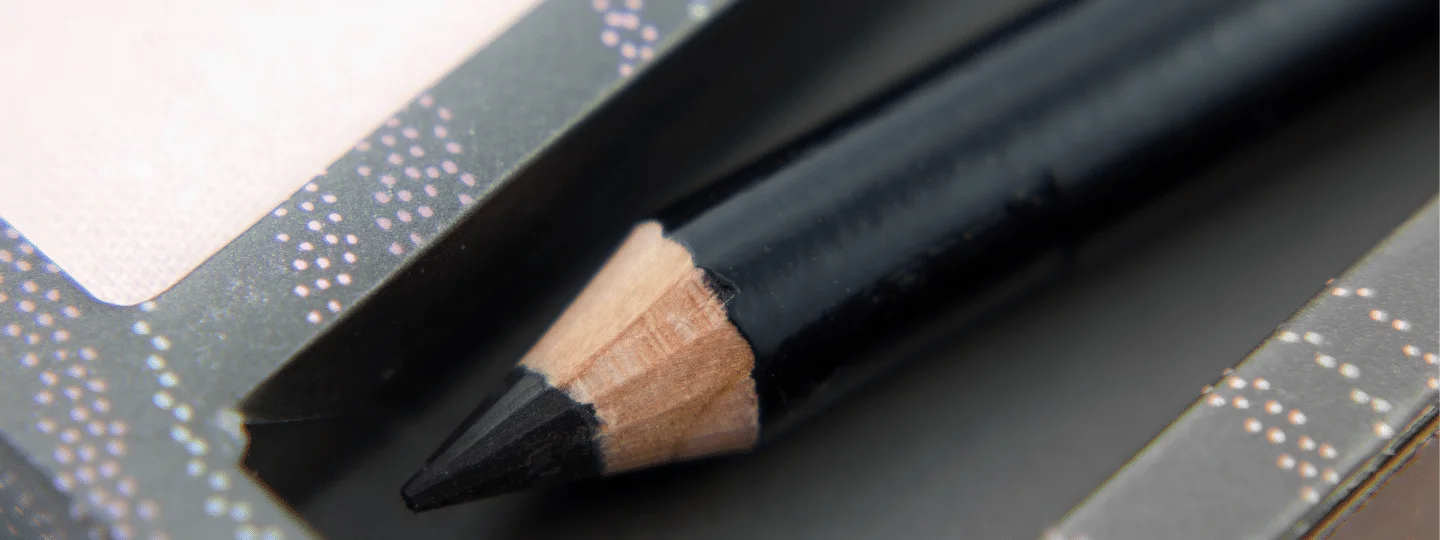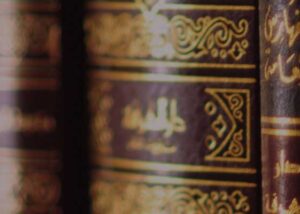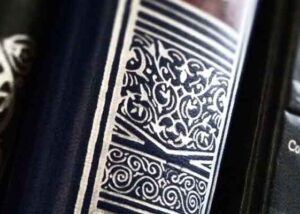There is a long Hadith that Imam al-Ghazali quoted in Bidayatu al-Hidayah and Ihya Uloom al-Deen, in it it speaks of a person’s actions being rejected due to particular sins. Is this Hadith authentic?
Quran
Hadith
Islamic Text
This Hadith quoted by Imam Ghazali in his books is fabricated according to Imam Ibn al-Jowzi (quoted by Imam al-Iraqi) and Imam al-Showkaani.
عَنْ أَبِي هُرَيْرَةَ قَالَ: قَالَ رَسُولُ اللهِ صَلَّى اللهُ عَلَيْهِ وَسَلَّمَ: كَفَى بِالْمَرْءِ كَذِبًا أَنْ يُحَدِّثَ بِكُلِّ مَا سَمِعَ
(Sayidina) Abu Hurairah (May Allah Most High be pleased with him) said that the Prophet ﷺ said: ‘It is enough of a lie for a person to narrate everything that he hears.’ (Sahih Muslim, Chapter 3, Prohibition of Narrating Everything One Hears).
Sadly, many Muslims are not familiar with the science of Hadith. This lack of knowledge or familiarity leads them to make false assumptions. They think that all Hadith found in the books of the scholars are of acceptable authenticity. This is a serious error and leads to something much more serious. It leads to attributing dubious narrations to our beloved Prophet ﷺ. Every Muslim should be able to understand the gravity of such false attributions. How can one claim to love the Holy Prophet ﷺ but have no Ghayrah regarding his ﷺ blessed words?
The reality is that generally scholars did not claim that all of the Hadith found in their books are authentic. Rather they are of varying authenticity. Students and teachers are expected to recognise this fact and respond to it. Therefore they should not present all such narrations as authentic. This is why scholars who were more proficient in the science of Hadith narrated Hadith from original sources, not secondary or tertiary books.
Imam al-Ghazali did not claim that all the narrations in his books are authentic. Imam al-Iraqi showed us the way in his Takhreej. He went through the Ihya of Imam al-Ghazali and spoke about the source and authenticity of the Hadith narrations. Unfortunately, many people who teach the Ihya have not taken a lead from Imam al-Iraqi. They do not speak about the strength or weakness of the individual Hadith narrations, rather they pass over them. This can lead to the listener assuming it is authentic. As for the Hadith in the question, Imam al-Iraqi spoke about it in his Takhreej:
حَدِيث معَاذ الطَّوِيل ;إِن الله تَعَالَى خلق سَبْعَة أَمْلَاك قبل أَن يخلق السَّمَوَات وَالْأَرْض، ثمَّ خلق السَّمَوَات فَجعل لكل سَمَاء من السَّبْعَة ملكا بوابا عَلَيْهَا
The long Hadith of Mu’aadh: Indeed, Allah Most High created seven angels before creating the heavens and the earth. Then He (Most High) created the heavens and put one of the seven angels upon each heaven as a doorkeeper for it.
After narrating it, Imam Zayn al-Deen al-Iraqi says:
عزاهُ المُصَنّف إِلَى رِوَايَة عبد الله بن الْمُبَارك بِإِسْنَادِهِ عَن رجل عَن معَاذ وَهُوَ كَمَا قَالَ رَوَاهُ فِي الزّهْد وَفِي إِسْنَاده كَمَا ذكر من لم يسم، وَرَوَاهُ ابْن الْجَوْزِيّ فِي الموضوعات.( المغني عن حمل الأسفار في الأسفار)
The author linked it to the narration of Abdullah ibn al-Mubarak with his chain, from a man from Mu’aadh, and it is as he said. He narrated it in (the book of) Zuhd and it has an unnamed person in the chain, as mentioned. And Ibn al-Jowzi included it in al-Mowdo’aat. (Takhreej Ihya, Imam Zayn al-Deen al-Iraqi).
Imam al-Iraqi is pointing to Imam Ibn al-Jowzi saying:
أَمَّا الْحَدِيثُ الأَوَّل فَإِنَّهُ مَوْضُوع على رَسُول الله صَلَّى اللَّهُ عَلَيْهِ وَسَلَّمَ. (الموضوعات)
As for the first Hadith (Hadith of Mu’aadh) it is a fabrication against the Messenger if Allah ﷺ. (al-Mowdo’aat, Imam Abd al Rahman Ibn al-Jowzi).
Other scholars have commented on this narration too:
حديث: إِنَّ اللَّهَ خَلَقَ سَبْعَةَ أَمْلاكٍ [قَبْلَ أَنْ يَخْلُقَ السَّمَوَاتِ] لِكُلِّ سَمَاءٍ مَلَكًا
The Hadith: Indeed Allah Most High created seven angels (before creating the heavens and the earth). For every heaven there was an angel.
After identifying the narration, Imam al-Showkani made the following comment:
رواه الحاكم عن معاذ مرفوعاً، وهو موضوع. (الفوائد المجموعة في الأحاديث الموضوعة)
It was narrated by Hakim from Mu’aadh, raising it (to the Prophet ﷺ). However, it is a fabrication. (Imam al-Showkani, al Fawa’id al-Majmoo’ah).
From the above Nusoos (texts) it is clear that this is a fabrication and therefore not permitted to attribute to the Holy Prophet ﷺ. Obviously, Imam al-Ghazali is not accused of fabricating the Hadith. The Hadith scholars identified the potential fabricators in their comments. However, Imam al-Ghazali unknowingly included this in his books (Ihya and Bidayatu al-Hidaayah). People who know the books of Imam Ghazali are well aware of this and point it out when teaching.
In reality, we should not have to remind Muslims to be careful with Hadith narrations. Rather our love for our beautiful Prophet ﷺ should be sufficient to make us incredibly protective regarding anything attributed to him. Strangely, we often find those who speak most about the love of the Prophet ﷺ demonstrate the least care regarding the authenticity of what they are attributing to the beloved Prophet ﷺ.
And Allah (Most High) Knows Best.
-Answered by Shaykh Noorud-deen Rashid (01.02.2022)
See also:
Narrating Hadith Without Reference
See also (video):






